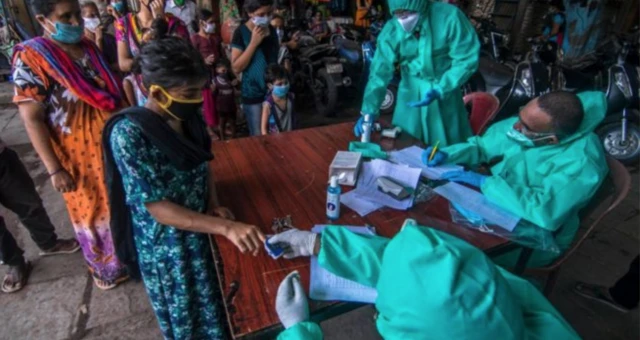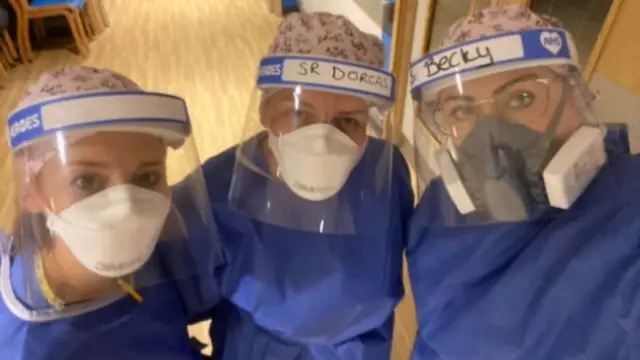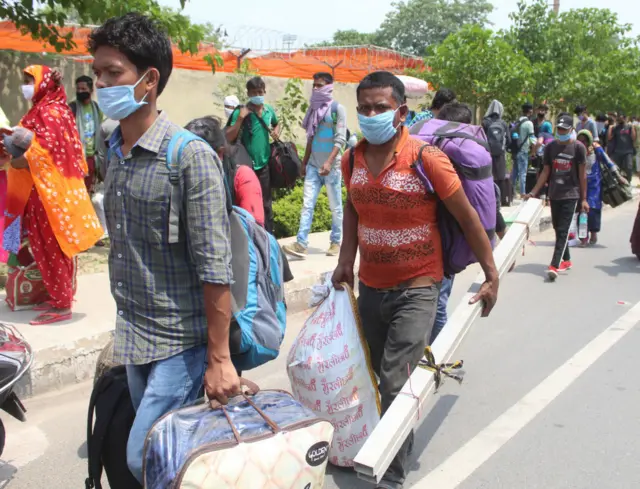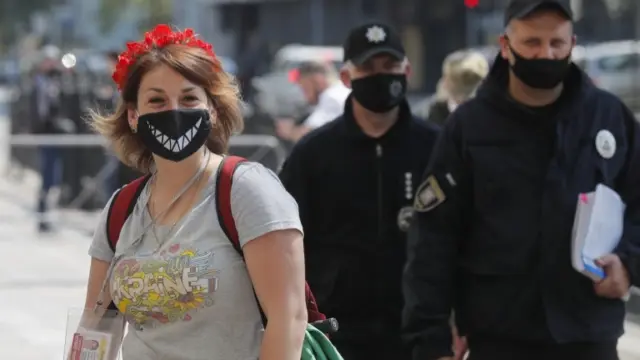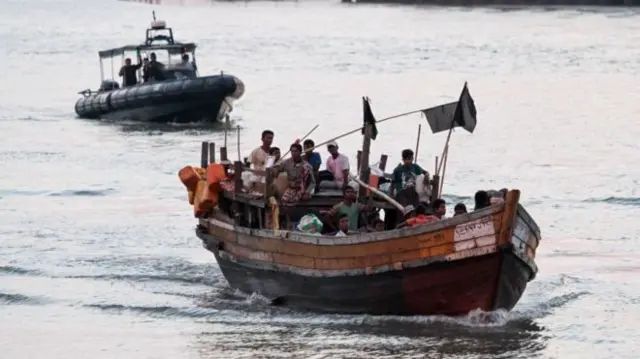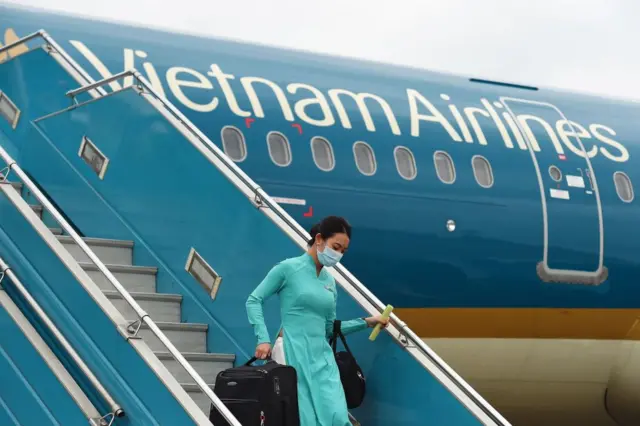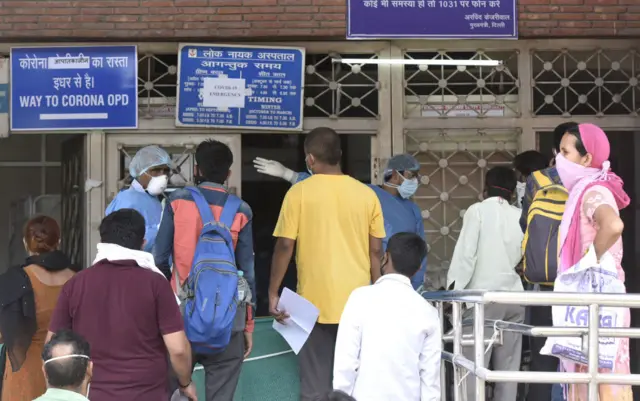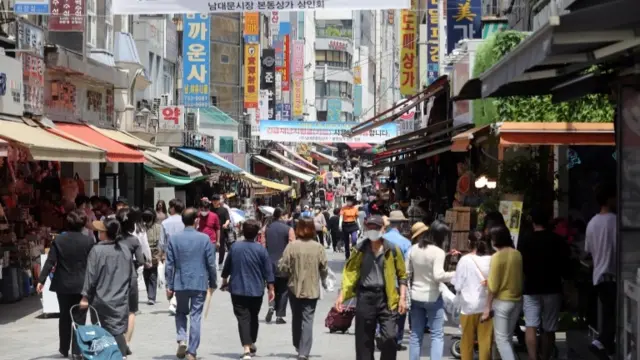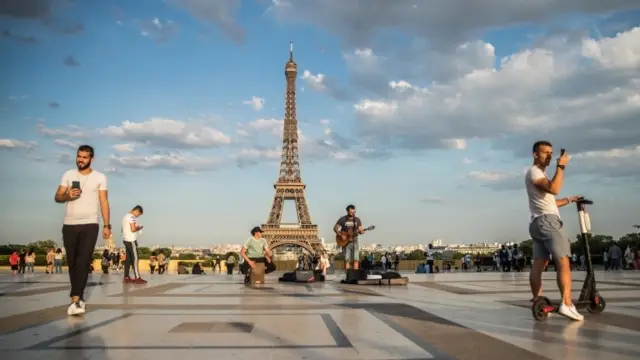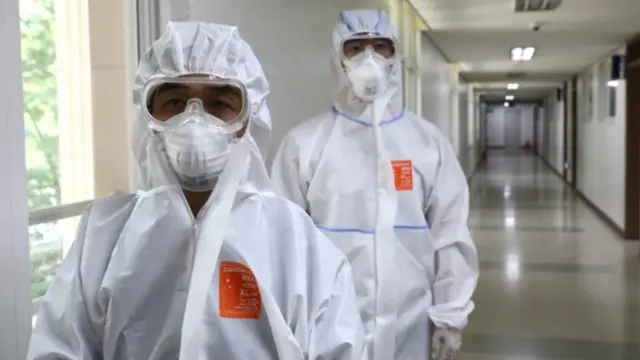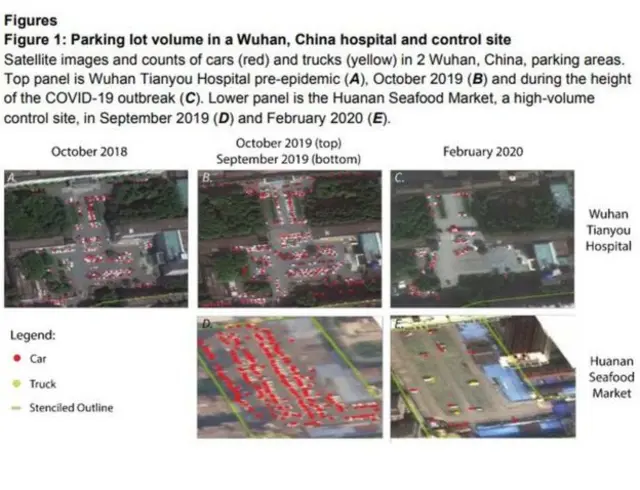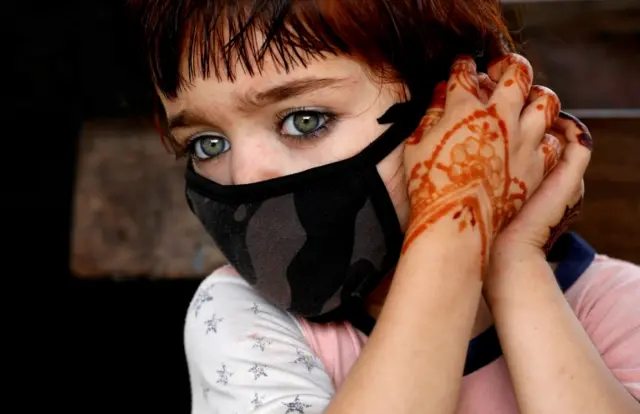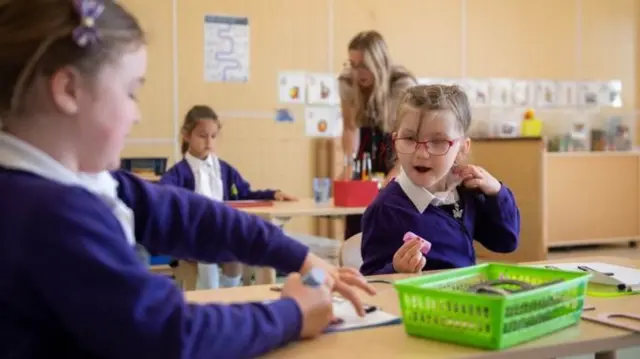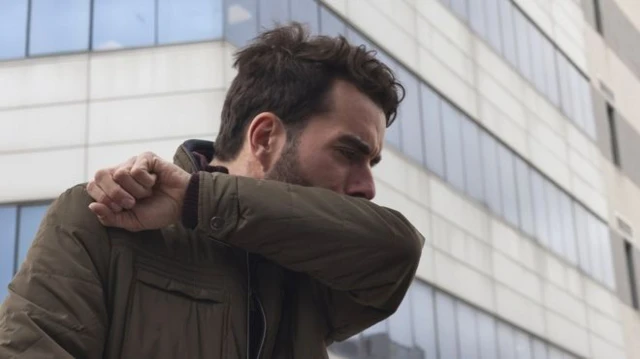Welcome to our coveragepublished at 06:47 BST 10 June 2020
Good morning to those of you joining us in the UK - our team in London are now taking over live coverage.
Here are some of the main UK headlines:
- Prime Minister Boris Johnson is expected to reveal outdoor zoos and safari parks in England can reopen from 15 June
- The NHS Confederation has warned that the Covid-19 crisis could see the number of people waiting for NHS treatment to double to 10 million by the end of the year
- All shops in England can reopen from 15 June - however pubs, bars, restaurants and hairdressers will not be able to reopen until 4 July at the earliest, Business Secretary Alok Sharma confirms
